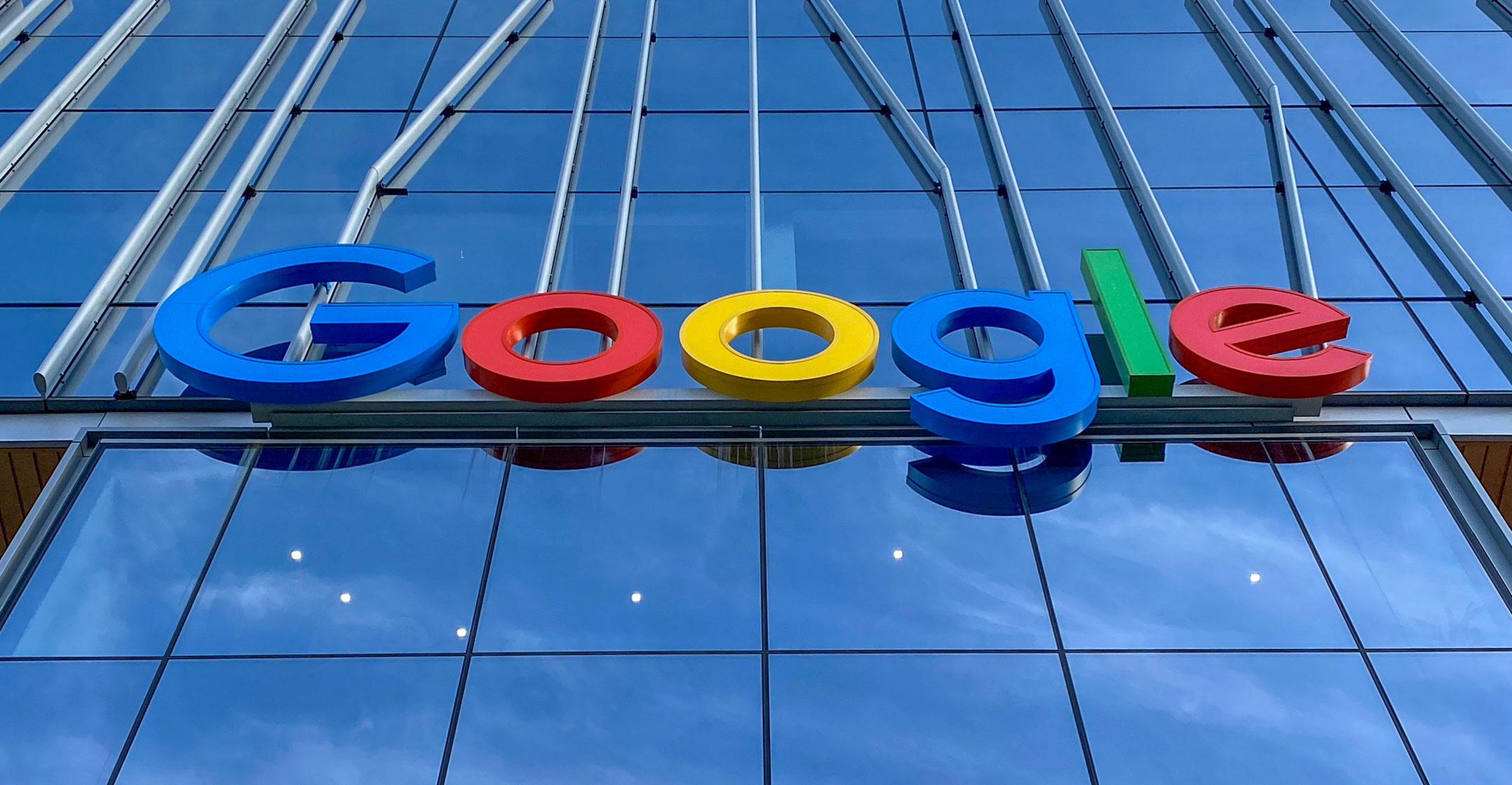 Google said on Thursday that it will “work constructively” with the Competition Commission after the South African regulator on Wednesday proposed a raft of regulations that cut to the heart of the US Internet giant’s business model.
Google said on Thursday that it will “work constructively” with the Competition Commission after the South African regulator on Wednesday proposed a raft of regulations that cut to the heart of the US Internet giant’s business model.
The provisional findings of an inquiry into online platforms in South Africa recommended that Google be forced to make it much clear to South African Internet users which search results are paid for. It said it may even seek to end its status as the default search engine on smartphones sold in the country.
The findings, if implemented, could also have a negative impact on other leading online platforms in South Africa, including Naspers-owned retailer Takealot, where the commission has proposed forcing the separation of its retail and marketplace operations.
“The inquiry has provisionally found that Google Search plays an important role in directing consumers to the different platforms, and in this way shapes platform competition,” the regulator said in a statement on Wednesday.
“The prevalence of paid search at the top of the search results page without adequate identifiers as advertising raises platform customer acquisition costs and favours large, often global platforms. Preferential placement of their own specialist search units also distorts competition in Google’s favour.”
As a result, the inquiry found provisionally that paid search results should be “prominently labelled as advertising, with borders and shading to be clearer to consumers, and that the top of the page is reserved for organic, or natural, search results based on relevance only, uninfluenced by payments”.
Asked for comment, a Google spokesman said in a statement e-mailed to TechCentral that it will review the report and answer all questions the commission has of the company. It promised to do so constructively.
Direct aim
“Our mission is to organise information and make it universally accessible and useful. That’s why we invest in products like Search, Gmail and Maps to help people in South Africa every day,” the statement said.
“Our products increase choice and expand competition. They level the playing field for small businesses everywhere — enabling them to sell their products, find customers, reduce their costs and, in difficult times, get back on their feet.
“The competition Google faces is always increasing: there are more ways than ever that people can find information, from specialised sites for travel and shopping, or from other search engines, social media and elsewhere.”
The Competition Commission’s provisional findings take direct aim at the heart of Google’s business model, which is premised on delivering keyword-based advertising and delivering relevant advertising at the top of search results.
It’s precisely this model that has made Google a global giant in advertising. – © 2022 NewsCentral Media




